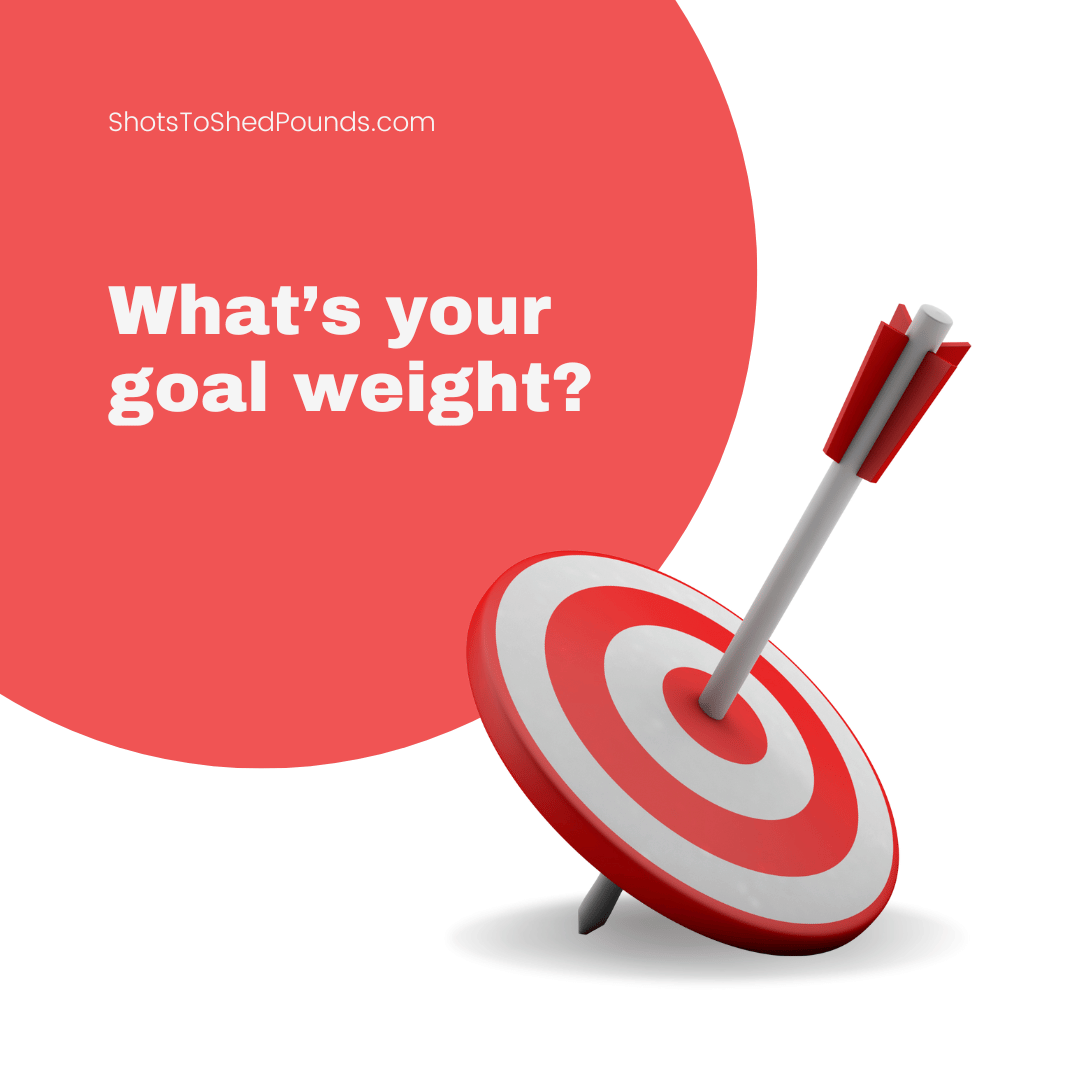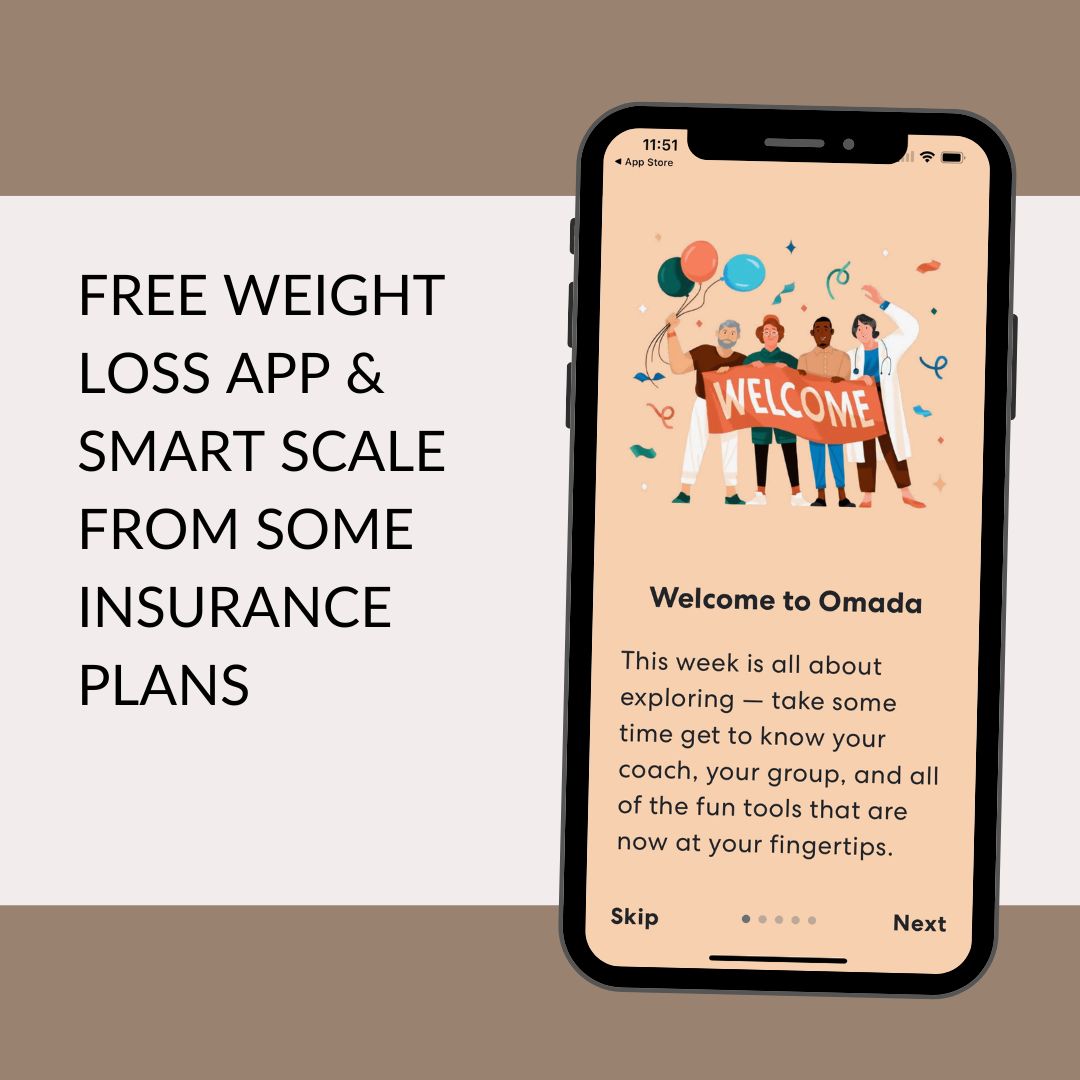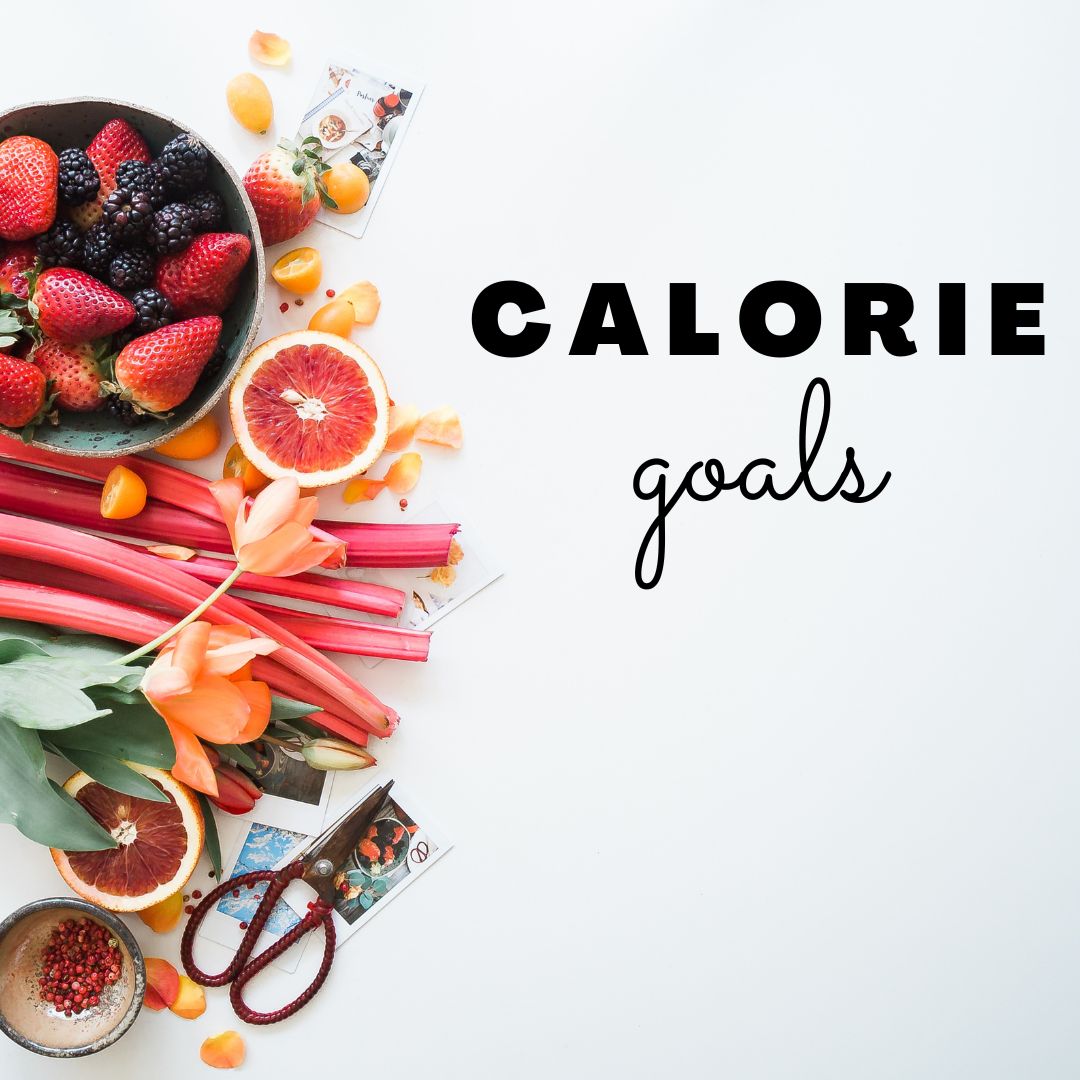Should I take collagen peptides?
I’ll be honest. While I’d heard about collagen before starting my Zepbound journey, I didn’t have a high-level knowledge of how it functions in the body or why we need it. After digging into weight loss research, however, I definitely needed to know, “Should I take collagen peptides?” (Keep reading to find out which brand and formula I use.)
Should I take collagen peptides?
A high-quality collagen peptide supplement should be on your shopping list if you’re actively trying to lose weight. But anyone 25 or older can benefit from this supplement, which is essential for the body.
TLDR: Collagen peptides may slow or stop excessive hair loss during your weight loss journey. This isn’t a side effect of taking a GLP-1 drug, such as Zepbound or Wegovy, but is simply your body’s reaction to quick weight loss or a big drop in your weight over time.
Collagen peptides also help to keep your skin as elastic as possible. And while nothing will stop flabby or excess skin completely when you lose a lot of weight, collagen can support your hair health and help minimize loose skin.
What is collagen and what does it do?
Collagen is a protein that supports skin, muscles, cartilage, tendons, and bones by giving them strength and elasticity. The body creates collagen, but production decreases by 1% a year as early as late adulthood (around 30 years old).
Related: How much protein should I eat on Zepbound?
Collagen and skin
Collagen comprises 70 to 80% of our skin. It’s what makes it strong. As collagen production declines, our skin may show signs such as looking wrinkled.
Collagen and muscles, tendons, and ligaments
Without enough collagen, our muscles weaken. Our cartilage, made up of more than 50% collagen, also deteriorates with lower collagen levels. This is a problem since cartilage acts as a cushion for joints. As cartilage declines, you may feel more joint pain or even suffer from osteoarthritis.
Collagen-supportive foods
You can increase collagen levels by making the right food choices. Incorporate things like beef (tougher cuts like brisket are best), bone broth (from fish, chicken, or beef bones), poultry, berries, citrus, and shellfish and fish (though most of their collagen is in the bones and scales, which is why fish stock is so beneficial).
Where do collagen peptide supplements come from?
When you purchase a collagen peptide, it’s derived from animal tissue, most often from cowhide or fish scales. This is something to keep in mind if you avoid animal products.
What’s better: Getting collagen from food sources or supplements?
No studies show one method of collagen acquisition is better than another. Try to make the right meal plan options, but augment with a collagen peptide supplement to ensure you support your body’s collagen needs as completely as possible.
Are there different types of collagen? Which is best?
There are dozens of types of collagen, each working on a different part of your body’s system. For our purposes, we want to take a supplement with types I and III. Avoid supplements with more than three collagen types since none will be particularly effective in that assortment.
- Type I: Pick this type to avoid losing hair, sagging skin, light wrinkles, and brittle nails. According to the Cleveland Clinic, “this type makes up 90% of your body’s collagen. Type 1 is densely packaged and used to provide structure to your skin, bones, tendons, and ligaments.”
- Type II: Supports elastic cartilage health, which keeps joints happy.
- Type III: This type is found in bone marrow, organs, muscles, and arteries.
What forms of collagen peptides are sold?
Collagen supplements are available as powders, pills, and in liquid form. I use Vital Proteins unflavored collagen peptides powder since it’s easy to mix into my daily Crystal Light drinks. Mixing it into coffee or tea is also a popular way to consume collagen peptides. But you can pick whatever format works best for you. Just don’t use a topical cream. Those won’t work for our purposes: supporting skin, muscle, and bone health.
Are collagen peptides and hydrolyzed collagen the same thing?
Yes. Hydrolyzed means the supplement’s amino acids have been broken down, so it will be easier for your body to uptake it.
What’s the best brand of collagen peptide supplements?
Deciding what brand to purchase is a personal choice. After researching, I selected Vital Proteins as my go-to collagen supplement. I like the unflavored version and can find it on Amazon or locally at Walmart or Publix.
How much collagen should I take daily?
If you buy Vital Proteins Collagen Peptides, four tablespoons equals one serving.
I add 2 tablespoons to my 20-ounce tumbler and then add some Crystal Light powder to taste (about a 1/4 teaspoon). I slowly add a little lukewarm water, stirring vigorously with a swizzle stick. I then add cold water and continue to mix. This way, the powder dissolves completely. I do this twice daily.
You can also mix collagen powder into no-bake foods, salad dressings, and smoothies.
If you opt for Marine Collagen Peptides, three tablespoons equals one serving.
What do collagen peptides taste like?
I honestly don’t detect much flavor in the Vital Proteins Unflavored Collagen Peptides supplement that I take. I admit I do mix a little bit more of the Crystal Light drink mix into my tumble when I add this supplement but it still just amounts to about a 1/4 teaspoon to add some flavor. (My favorite Crystal Light flavor is peach mango tea with caffeine.)
If you want something other than unflavored supplements, Vital Proteins also makes powder versions in vanilla, chocolate, and lemon. That brand also offers grape-flavored gummies. And they sell collagen “creamer” in vanilla or coconut and “Beauty” collagen in strawberry or lavender.
Should I count collagen peptides toward my daily protein goal?
That’s a great question. Some doctors and dieticians say you can count it, while others say you can’t since it’s not a complete protein. (A complete protein is one that consists of nine essential amino acids.) However, recent scientific studies indicate that incomplete proteins can count as protein if you eat a well-balanced diet and get the missing amino acids somewhere else in your diet on the same date you consume the collagen peptides.
I keep track of my collagen peptide supplement intake but if I’m on the lower end of my daily protein goal, I will go a bit over to ensure I’ve had enough protein to prevent muscle mass loss.
The wrap-up
Should I take collagen peptides? If you’re losing weight or are over 30 years old, consider adding a high-quality collagen peptide to your daily regimen. It’s easy to mix this supplement into hot or cold drinks, no-bake foods, salad dressings, and more.
What brand of collagen peptides do you prefer? I’d love to hear about it. Email me or post about it on the Shots to Shed Pounds Facebook page.






